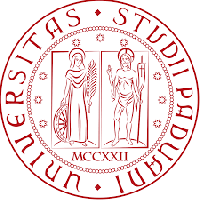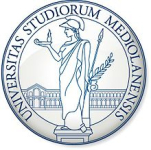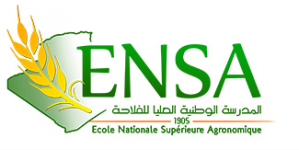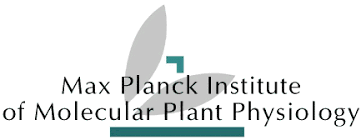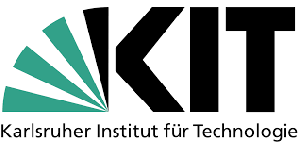PROSIT is a multidisciplinary research project combining agronomic field surveys, in vitro culture, genetics, plant physiology assays, microbiology tecniques, pathogen assessment, molecular biology tests, microscopy analysis and bioinformatics.
The project starts by field observations of grapevine plants of four different local varieties, growing in arid regions in Sicily and Algeria. of therefore endowed with superior tolerance and resistance to drought. Plants will be visually assessed to estimate their sanitary status, presence of evident disease symptoms and to confirm the varietal identities. To that aim, surveys will be mainly conducted during the vegetative season when leaves and fruit are present. Then, collected material from selected Mother Plants (MPs) will be transferred from the field to the laboratory for microbiome characterization.
Selected MPs from the field will be used as rootstock donors, sanitized Pinot Noir (PN) scions will be grafted on them to transfer the endophytes from rootstock to scion. These grafted plants will be subjected to drought stress treatment under controlled laboratory conditions and the plant material will be collected for molecular and physiological characterization.
Microbiome characterization will be performed by metabarcoding of bacterial 16S and fungal ITS amplicons. This techniques bypasses the restrictions imposed by cultivation steps and provides a comprehensive list of microorganisms (Djemiel et al. (2017) Front Microbiol 8: 2052). The subset of culturable endophytes will be also isolated by successive rounds of subculturing, and used for direct inoculation tests at the end of the project.
The culturable fraction of selected endophyte, will be inoculated in sanitized PN. These plants will be analysed using established protocols for an integrated ‘OMICs’ approach and an advanced bioinformatic platform in order to determine the molecular mechanisms triggered by microbial associations in response to water stress. Bioinformatic analysis of data will follow system biology approaches, aimed to identify robust differentially expressed genes, master regulators, main regulatory modules, metabolic pathways and markers involved in stress response. In parallel, transformed Pinot Noir lines harbouring fluorescent probes for the plant stress hormone abscisic acid (ABA) and the cell messenger calcium will be inoculated with bacterial consortia to determine at the cellular level, in vivo and non-invasively, the levels of the stress hormone ABA involved during the stress response in plants and the calcium signature associated to the stress response.
Comparison among different grapevine/microbial associations will allow to identify the endophyte combinations involved in the grapevine tolerance to drought, representative of each variety.As a confirmation for the role of the selected microbial associations and to explore the possibility of commercial exploitation of our findings, we will perform pilot tests, in small scale, of the application of culturable microbial consortia in economically important grapevine varieties at international and local levels. To this aim the endophytes will be transferred to grapevine multiplication material by both grafting and direct inoculation of the cultivable fraction. We will then repeat the drought test and measure plant response to compare the effects of the original associations with the artificial consortia. PROSIT implies the engagement of different stekeholders (agronomist, winegrowers, wine producers and nurserymen) already during the project (see the attached endorsement letters). The different stakeholders will make their experience available for the project advance, helping to measure the exploitation level of the results obtained.


